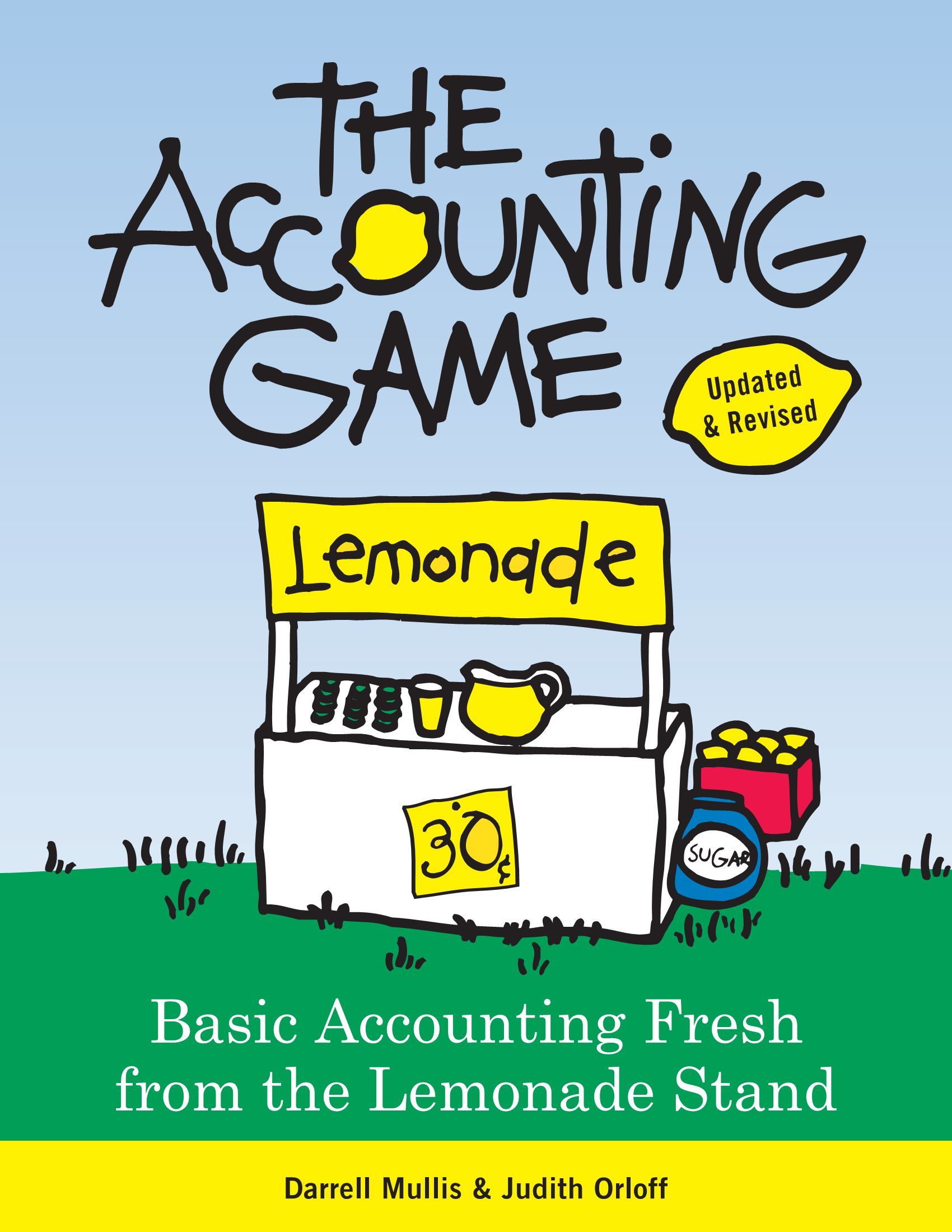How do people really learn? The answers and theories are endless. They include
ideas ranging from genetic imprinting to osmosis and modeling and emotional
intelligence. Brain research is voluminous in the 21st century.
For now, though, please ask yourself: How do I learn?
Isn’t that an interesting question? And, what do you learn? Do you learn information
from reading, watching videos, using computers? Can you learn “people
skills” without interacting with other people? Can you change behavior without a
model of what the ideal behavior should look like? Feel like? Are there people you
meet in your daily travels that you want to emulate? Do you emulate them? How
does it work? Can you remember the words of the songs from childhood, but not the
ones you listened to last week or even this morning? Questions and questions. More
than any other thought process, questions help us learn.
Remember what we heard about a baby’s first year of life? Babies learn more in
that year than in all the years combined afterwards. Yet, in that first year, babies cannot
pose questions in the way they will once they learn language. So, how do babies
learn? And what can we take away from that to help adults learn more quickly, retain
new information longer, and apply it immediately in their lives?
ข้อมูลหนังสืออิเล็กทรอนิกส์

Basic Accounting Fresh from the Lemonade Stand by Judith Orloff
หมวด : การศึกษา
ผู้แต่ง : Sourcebooks, Inc.
เนื้อหาย่อ :

![[title]](http://ebook.openserve.co.th/book_cover/cover_DDE28340.jpg)